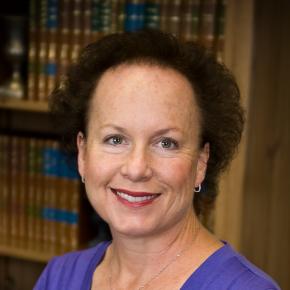Hume offered this challenge in “Of Miracles” in Dialogues Concerning Natural Religion.
This requirement is offered in response to the miracle claims of Christianity as though it’s an obvious, well-established principle. But it’s actually not clear what the criteria of “extraordinary evidence” is, and here are three lines of response. These are rebuttals, calling into question the principle in the requirement, rather than refutations because the challenge itself has to be supported by an argument and clarified for the nature of what is being required.
First, there needs to be a clarification. The nature of the “extraordinary evidence” required can be understood in two ways: extraordinary with respect to quality or extraordinary with respect to quantity.
If the former (quality), then the evidence produced is itself extraordinary, and it will also need to meet the requirement of having extraordinary evidence, and a vicious regress ensues. If the quality of evidence for an extraordinary claim must be also be extraordinary in quality, then it will also have to have extraordinary evidence. But then the condition can never be met, and suffers from the fallacy of “begging the question” against extraordinary events in an unfair manner. The game is rigged by the request.
And perhaps that is the point of the requirement because it presupposes naturalism, precluding the possibility of offering evidence that will justify a supernatural claim.
If the requirement is for an extraordinary quantity of evidence, then the next question is, how much ordinary evidence is necessary for the total quantity to be considered extraordinary? This is perhaps a “problem of heaps”—how much is enough? There is no determinate solution (at least epistemically, if not metaphysically determinate). So once again, it’s begging the question to ask for extraordinary evidence.
An alternative for answering the question of sufficient quantity of evidence would be to allow that there is some amount of evidence sufficient for establishing the probability of an ordinary event. But then, the fact that we find a certain multiple of the ordinary amount of evidence sufficiently extraordinary is either a case of evidential over-determination or is itself an extraordinary event, and once again leads to an infinite regress.
A third response to the demand recognizes that very extraordinary events happen all the time if the concurrence of several features in a state of affairs is evaluated probabilistically. That an American high school kid from Seattle would be at a Halloween party in Tel Aviv and there meet an American high school girl from Pensacola and later marry her is highly improbable; in fact, the people I know who this is true of might be the only two people in all of history who fulfill that concurrence of events.*
So no matter how extraordinary the event, no explanation is needed because extraordinary events happen all the time.
*Thanks to Dr. Garry Deweese, Biola University, for help on this line of response.

